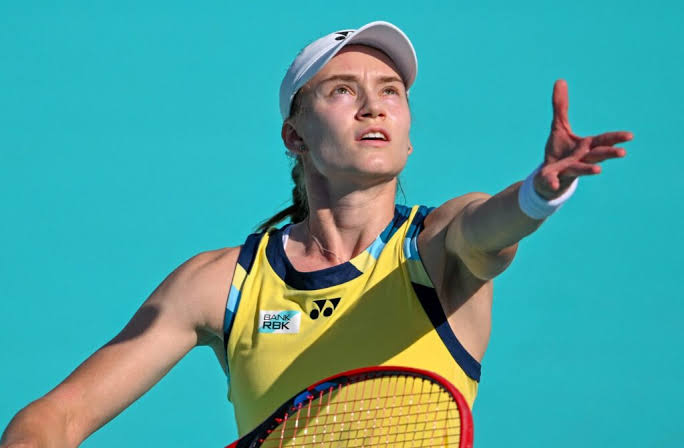
Elena Rybakina, a rising star in the world of tennis, has been known for her strong performances on the court, but there are perceptions that her approach may sometimes hinder her career progression. Critics argue that her perceived selfishness, whether in on-court decisions or interactions with coaches and peers, could impact her opportunities and overall career.
Selfishness in the context of sports often revolves around prioritizing individual goals over team dynamics or broader strategic interests. For Rybakina, this might manifest as prioritizing her personal game plan over collaborative strategies with her coach or team. Such a focus can be beneficial in enhancing personal skill but might also isolate her from valuable team support and insights.
Additionally, selfishness could affect how she handles setbacks or pressures. Tennis, as an individual sport, demands not just physical skill but also psychological resilience. If Rybakina’s decisions are driven by a singular focus on personal achievement, she may struggle with adapting to different situations or receiving constructive criticism, which could limit her growth and adaptability.
Moreover, her approach might impact her relationships within the tennis community. Building strong connections with coaches, sponsors, and fellow players is crucial for long-term success. A perceived lack of cooperation or empathy might lead to missed opportunities for endorsements, sponsorships, or collaborative learning experiences.
However, it’s important to note that what is seen as selfishness could also be interpreted as a strong will or determination, traits often necessary for top-level athletes. Balancing personal ambition with teamwork and openness to feedback is crucial. As Rybakina continues to navigate her career, how she integrates these aspects will likely influence her ultimate success and the opportunities she capitalizes on.


